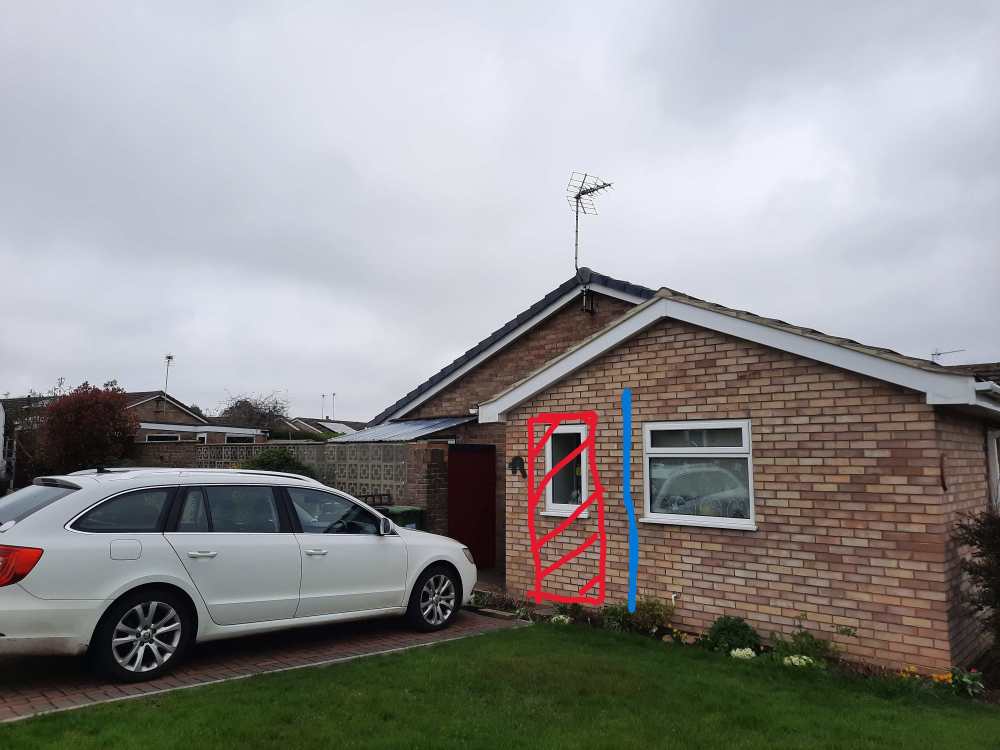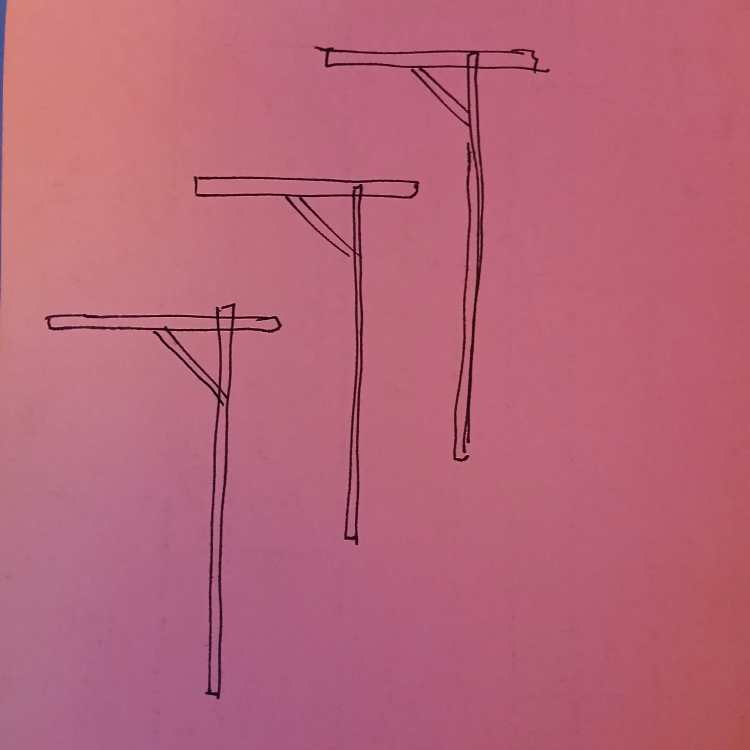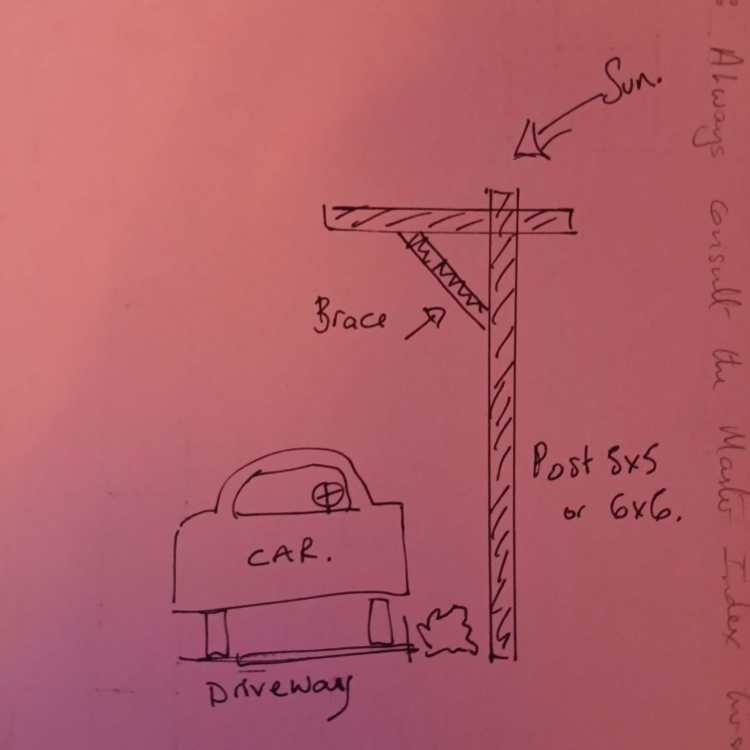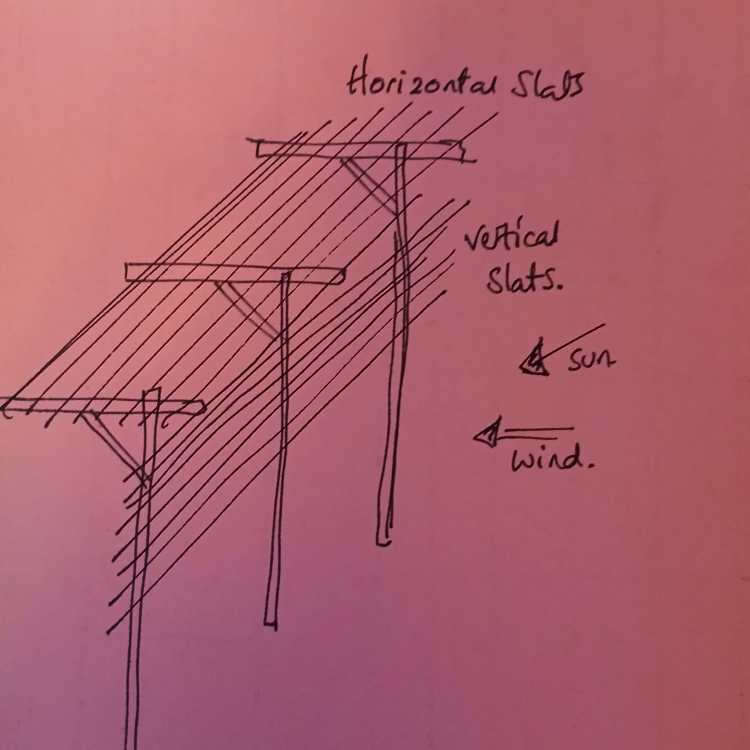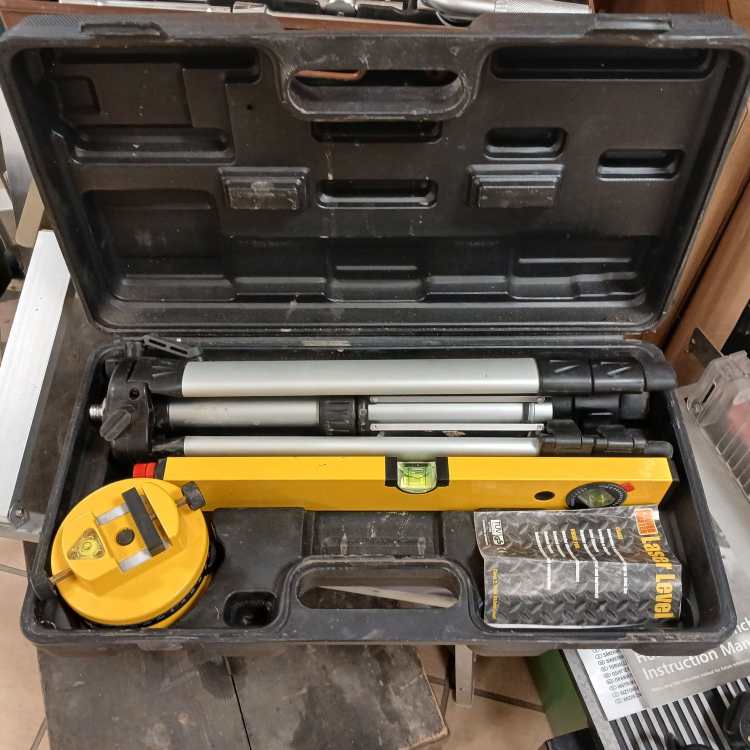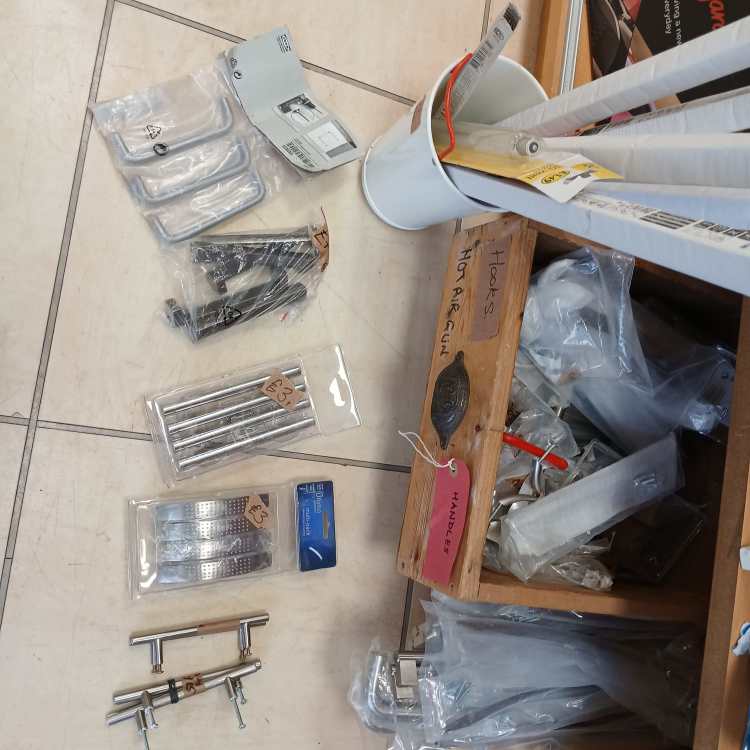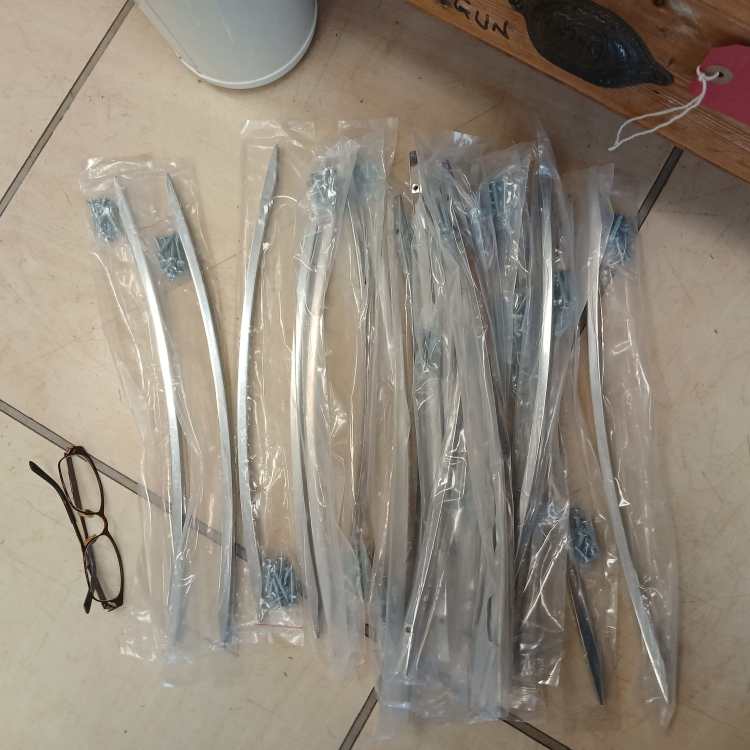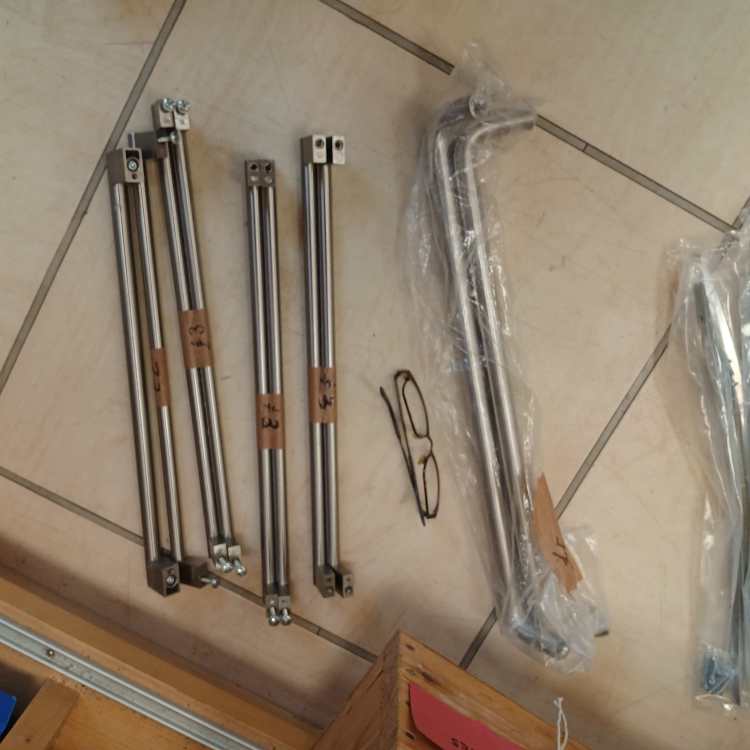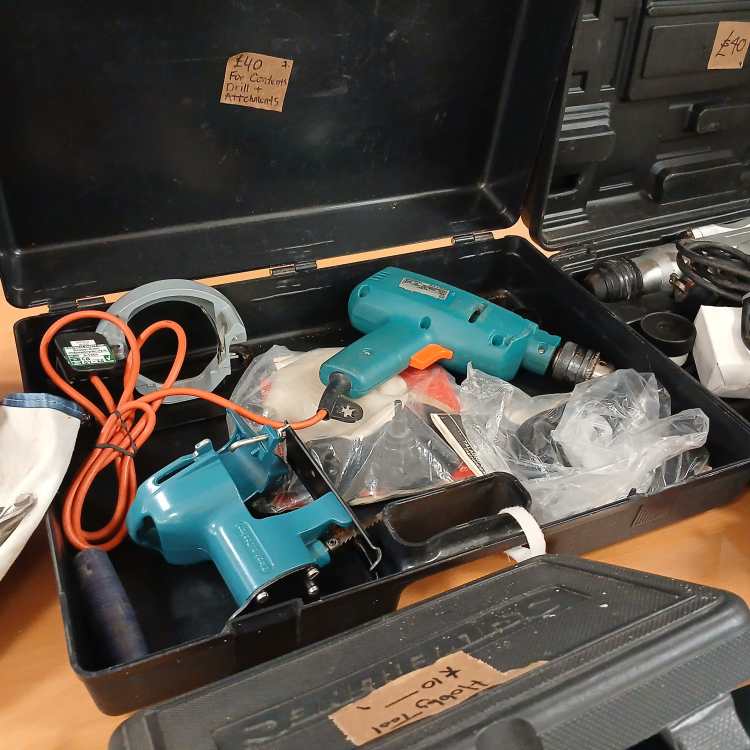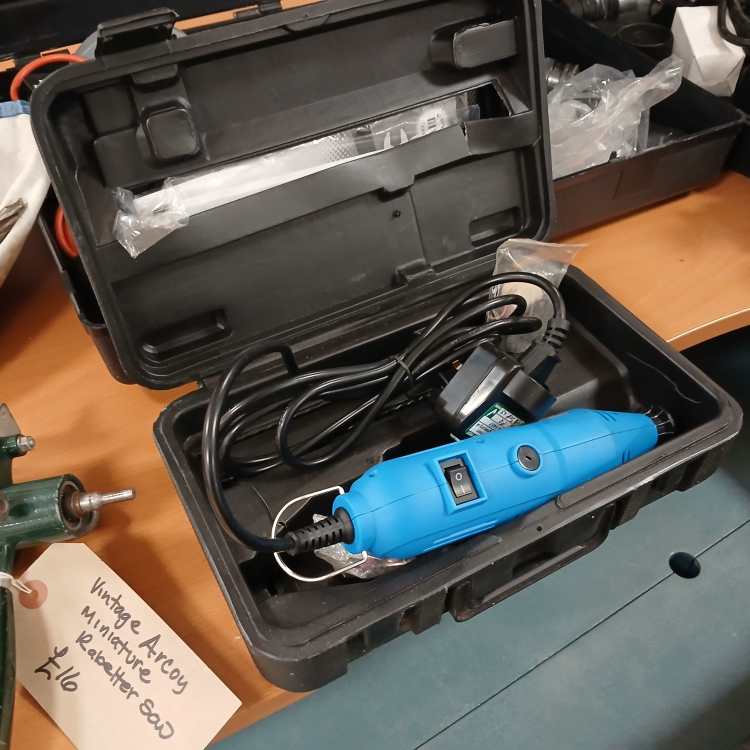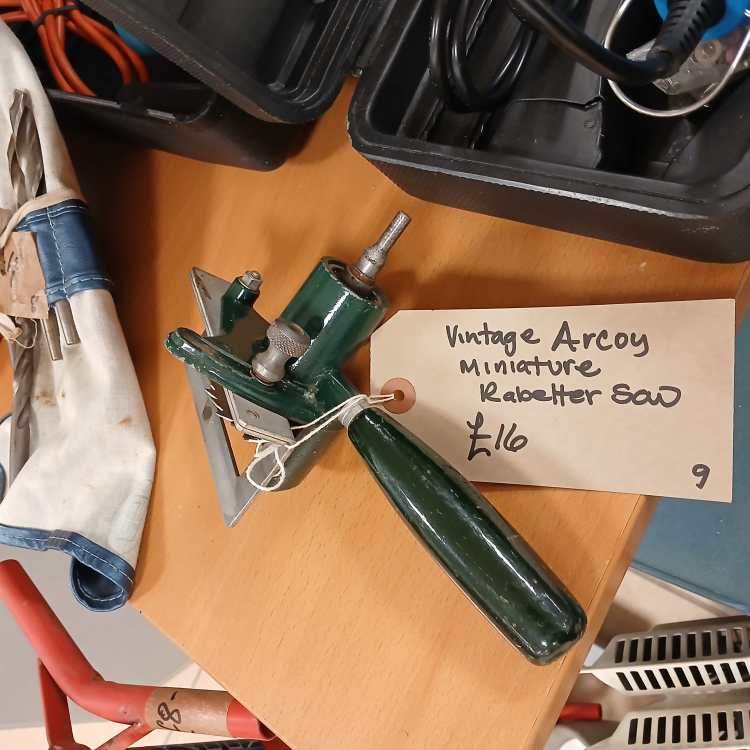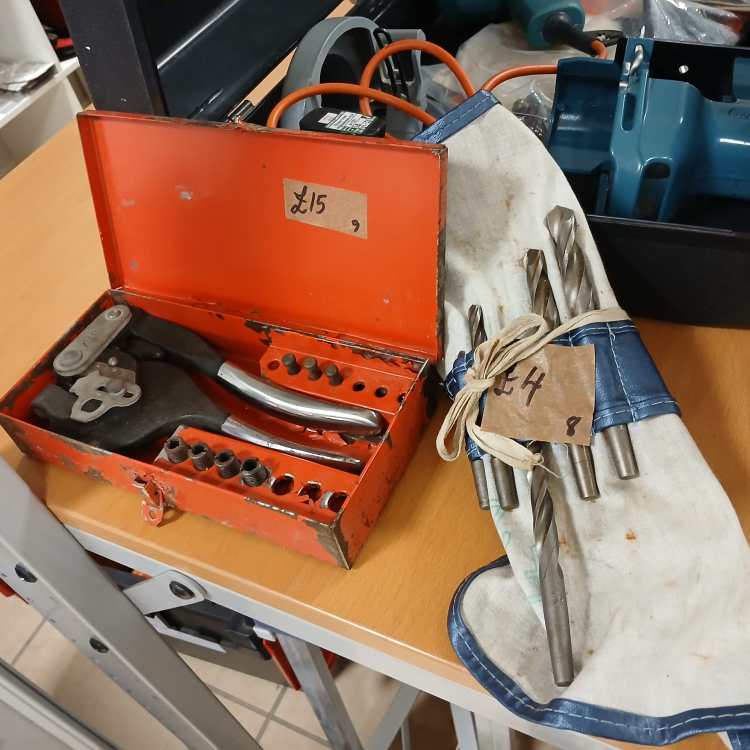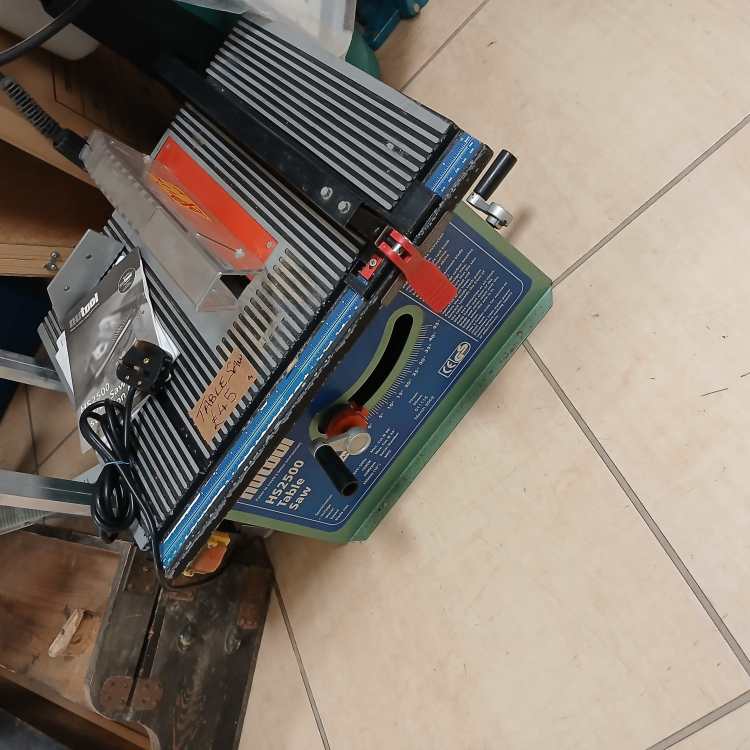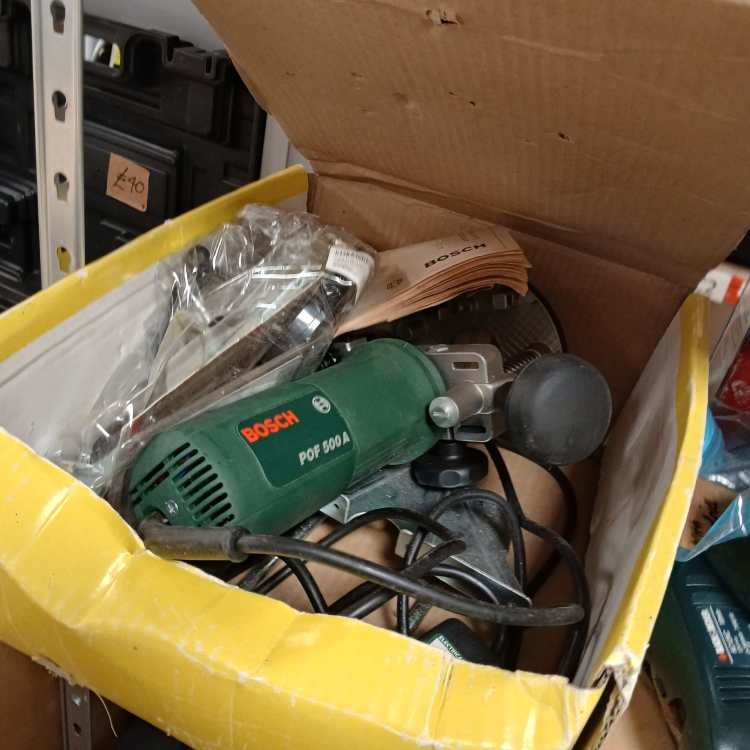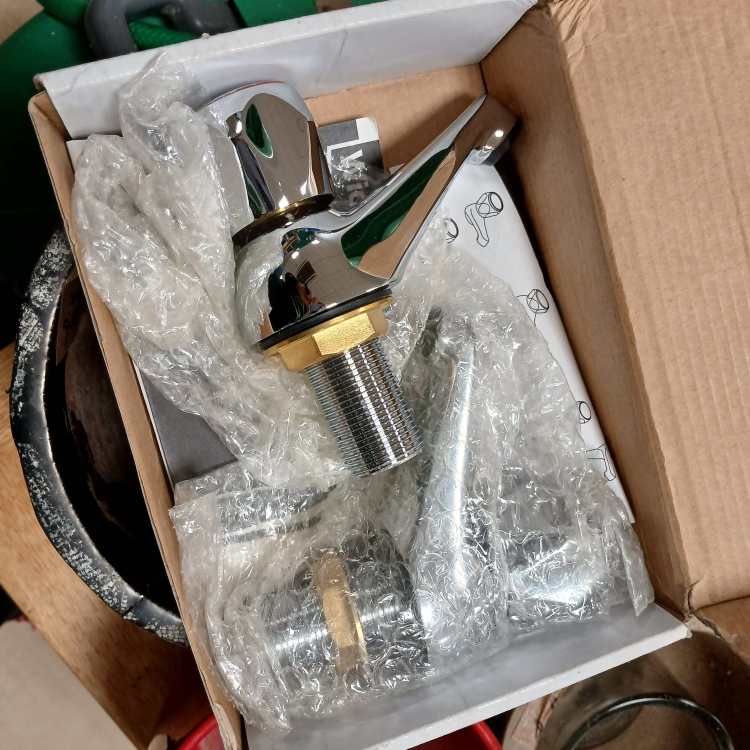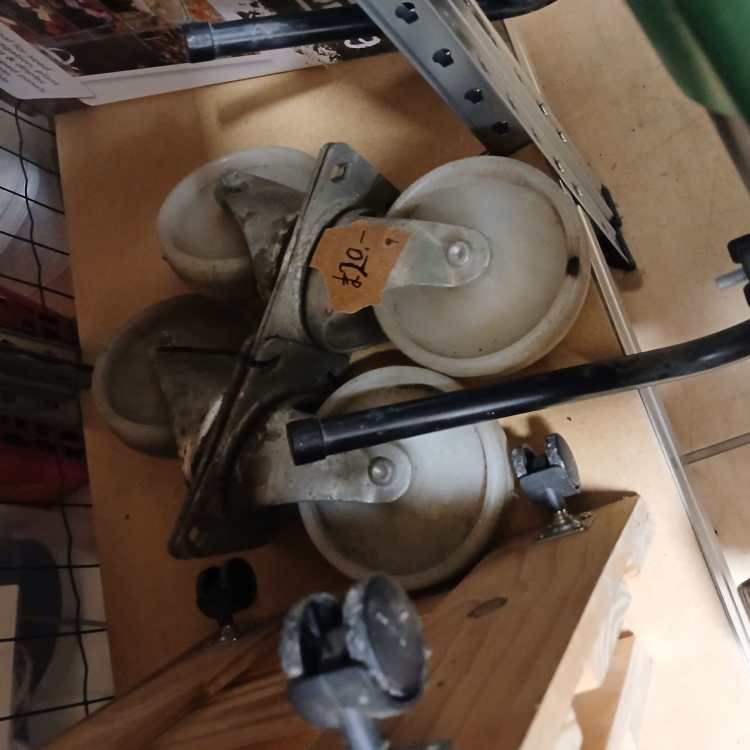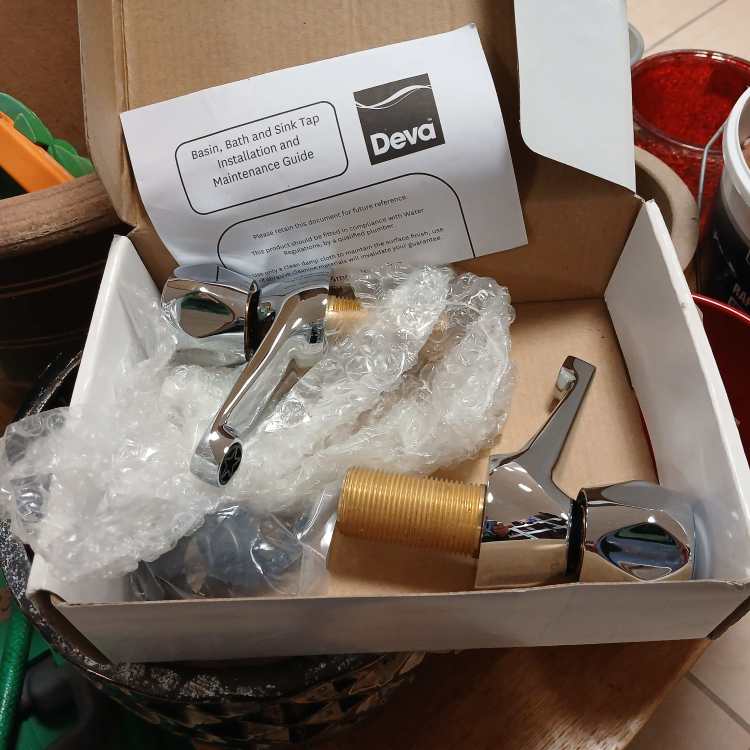-
Posts
900 -
Joined
-
Last visited
-
Days Won
2
TheMitchells last won the day on November 30 2017
TheMitchells had the most liked content!
Personal Information
-
About Me
Keen to self build but not able to do it yet. initially planned to build at Graven Hill but glad we didnt. Always interested in learning. Enjoy asking questions on BuildHub.
-
Location
Bicester, OXfordshire
Recent Profile Visitors
The recent visitors block is disabled and is not being shown to other users.
TheMitchells's Achievements

Regular Member (4/5)
212
Reputation
-
Got to tell you this - at my friends last week, the boss had left a young chap to fit the T&G osb boards, over new ground floor joists. We heard a yell and looked though to see a jet of water shooting straight up to the ceiling!! He had not taken complete note of where the water pipes went. I doubt he'll make that mistake again...... 😆
-

Sun/wind screen for driveway
TheMitchells replied to TheMitchells's topic in Landscaping, Decking & Patios
So what is the best way to fix the posts - get 10ft posts and concrete them into the ground (its clay) or use some sort of metal thing? -

Sun/wind screen for driveway
TheMitchells replied to TheMitchells's topic in Landscaping, Decking & Patios
116,000miles and going strong! I love it. -

Sun/wind screen for driveway
TheMitchells replied to TheMitchells's topic in Landscaping, Decking & Patios
Good point! We have pigeons trying to nest in our wisteria covered pergola at home! I'll train it along the side only. 🤔 -
When I park on the driveway of the parents bungalow in the summer, the car is in direct sun and soon becomes like an oven. In addition, there is a prevailing wind from the road to the right. So I have been thinking of adding a pergola type thing alongside the drive, with slats to give shade and some wind reduction. The small window will eventually become the front door when we extend the shower extension further back to create a larger kitchen. So I need to make sure the structure is in line nearer the shower room window. (blue line) I am thinking of putting in 3 posts, maybe 6x6inch posts, with cross pieces over the car (about 1m) counter balanced at the other side and with a brace. then add slats horizontally down the far side and on the top. Its very hard to describe whats in my head! Here are some pics of similar things. Similar to this. or this. Please dont laugh at my drawings.☺️ The driveway will be north of the structure so should provide a good amount of shade while not obstructing the car doors and i can plant something nice underneath. I even have a wisteria that I layered a couple of years ago that is desparate for a pergola to climb over. Does this sound like a reasonable plan?? Any other suggestions?
-

Week 38 - Nearly there!
TheMitchells commented on Benpointer's blog entry in Contemporary build in north Dorset
Good luck with the move!- 4 comments
-
- 1
-

-
- landscaping
- tarmac
- (and 5 more)
-

UFH and screed complete and the Plastering starts in the vaulted area.
TheMitchells commented on Susie's blog entry in The Old Cow Shed
Thanks for the figures/costs. really helps those of us who are still planning/thinking about building our own house. One day..... -
I'd be interested in reading that - though I would need you to keep it simple!
-
I thought the programme was pretty good in showing what could be done, as the vast majority of the public really have no idea. So in that sense, i think it did a great job. It was a shame that the church renovation cost was mentioned as over a million pounds! That will put anyone off renovating to such a standard. I know they did say it was unusually high but thats a number that people will remember. And they did not give an accurate figure for the Manchester house. I love Guy Martins enthusiasm and his explanations/experiments were great. But as said before, it will take a long time for builders to even think about changing their methods, never mind training for it. A friend has recently had to have her lounge floor joists replaced as there was no airbrick and the beams had rotted, with her floor dropping away from the skirting. As they fitted OSB to the beams, I mentioned to make sure the builder used airtight tape to seal the edges, to stop draughts before the new laminate was fitted but she was told it wasnt necessary/appropriate. I think it was a missed opportunity but then why should an experienced builder listen to a friend of the client - and a woman at that!
-
Looking forward to hearing all about the build! Though I did have to look up what Barcelona Pavilion and Brutalism would look like....😄
-

The ASHP install. Lots of heating on/heating off then fingers crossed.
TheMitchells commented on TheMitchells's blog entry in Renovation of Ellesmere Bungalow.
Oh and an update re the house move to the place next door to Mum and Dad's - it all went pear shaped in March, after months of delays from the place at the top. our buyers pulled out and found another property. we tried to find a new buyer but after a few weeks, we decided to stay where we are and continue as now. Mum and Dad were upset as they really wanted us closer, but both the OH and I are rather glad that we are staying in our current house, which we love. Its only 15 mins drive to the parents so i'm managing. 🙂 -

The ASHP install. Lots of heating on/heating off then fingers crossed.
TheMitchells commented on TheMitchells's blog entry in Renovation of Ellesmere Bungalow.
quick update - purging air first thing every morning by opening windows for half an hour or so. Also have bought a Puremate dehumidifier which is removing around 1-2 pints of water each day from the main room. I'm sure the purge will be shorter as it gets colder but at least they are doing it. The Heat pump seems to be working well as the hosue is always warm with plenty of hot water. Now I just need to arrange a service, to maintain the warranty. Unfortunately, there are very few companies doing ASHP servicing. The only one i can find is the installing company. Lets hope more start doing servicing soon, it may bring down the cost. I shall be watching to see what they actually for for the £250 they are quoting. -

Second hand tools/stuff in Bicester, Oxfordshire.
TheMitchells replied to TheMitchells's topic in Tools & Equipment
Thought I'd remind everyone of the shop and post some pictures of the stuff currently in the shop. Always worth a visit, if in the area, as there are tonnes of useful stuff. We have electrical, plumbing, decorating, as well as diy - nails and screws galore. Locks/handles/so much odds and ends. On Sheep St, Bicester, Tues to Sat 10-4pm. I'm there Tuesday mornings 🙂 -

Starting a self build and reno in Ireland
TheMitchells replied to Jess Shannon's topic in Introduce Yourself
looks a really interesting build - cant wait to hear more about it. Please do a blog for the process, if able (and if you have time).😄 -

Heating your house with compost!
TheMitchells replied to TheMitchells's topic in Other Heating Systems
At a town near me, the council allow tree surgeons to dump all their tree waste on a waste site and anyone can go and help themselves to the bark. I have used it quite a lot and when collecting it (a trailer load takes me about 20 mins to fill), the heat coming from the heap is amazing. So I'd be okay, I'd just go and get a new load and keep replenishing the composter. 😄. And bark is slow to decompose - should last quite a while.



